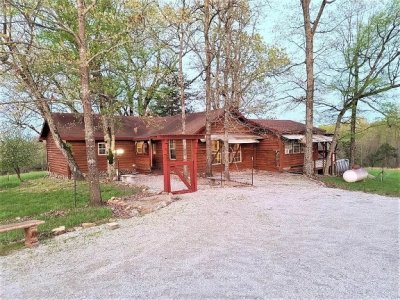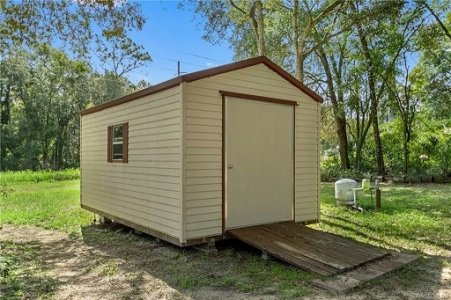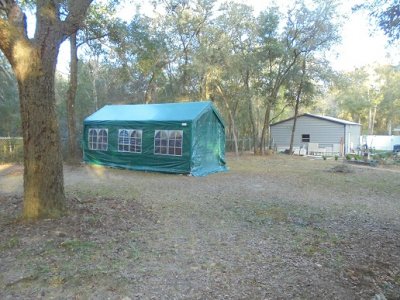squatting dog
Remember when... thirty seemed so old.
- Location
- Arkansas, and also Florida
Reading Holly's post reminded me of this crap.
My grievances are so much larger. Perfect example, If you want to build your own shed here in Florida, (at least in this county), there is a list of things, (govt over reach in my opinion), that you must do. (some things seem silly, but, that's because they don't distinguish between sheds and houses)
1- You must go to the monthly council meeting.
2- Apply for the permit. (told it can take months to receive)
3-Sometimes, you must have neighbor approval.
4-If approved, pay big $$$ for said permit providing.....
5-you first pay impact fee's more $$$
6-you must pay disposal fee's $$$ (remember, you're building it, not buying one)
7-It must be hurricane approved
8-Has to pass the "endangered animal act"
9-Must be inspected before, and after.
My grievances are so much larger. Perfect example, If you want to build your own shed here in Florida, (at least in this county), there is a list of things, (govt over reach in my opinion), that you must do. (some things seem silly, but, that's because they don't distinguish between sheds and houses)
1- You must go to the monthly council meeting.
2- Apply for the permit. (told it can take months to receive)
3-Sometimes, you must have neighbor approval.
4-If approved, pay big $$$ for said permit providing.....
5-you first pay impact fee's more $$$
6-you must pay disposal fee's $$$ (remember, you're building it, not buying one)
7-It must be hurricane approved
8-Has to pass the "endangered animal act"
9-Must be inspected before, and after.






